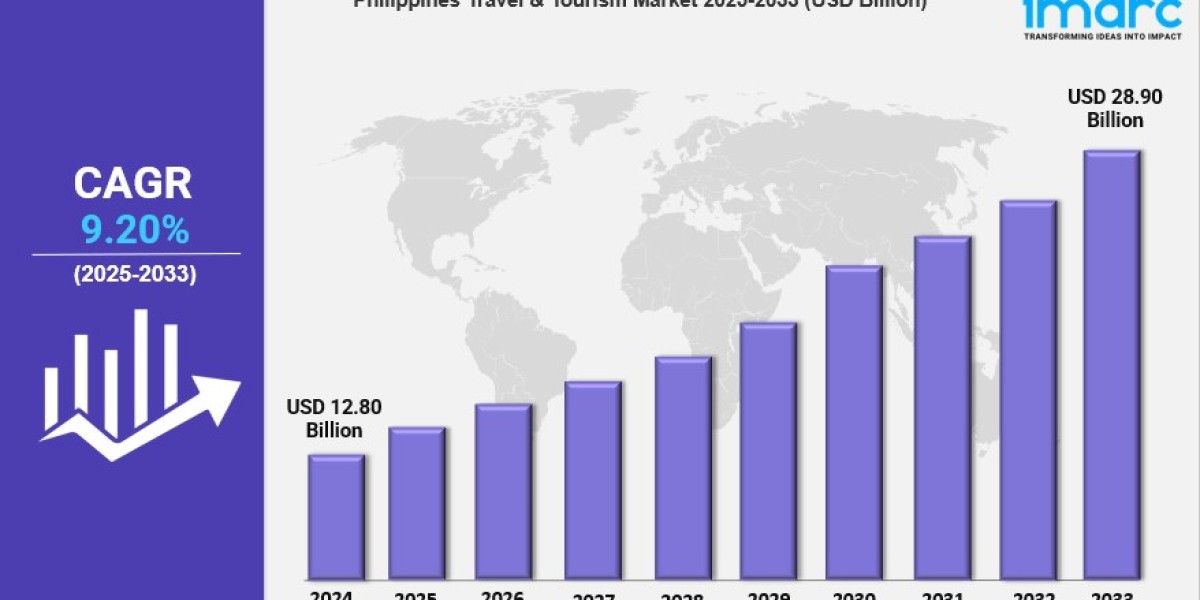Panel physicians carry out medical examinations of visa applicants for the maintenance of immigration health standards in a country. Appointed by governments or an immigration authority in a country, a panel physician evaluates the health of a person applying for entry into that country. This evaluation is crucial in determining whether or not there are particular health requirements that an applicant should comply with such that it touches public health. Thus, it leads to the compliance of immigration stipulations. The article discusses the functionalities of panel physicians in maintaining such standards.
Understanding the Role of Panel Physicians
Panel physicians are those medical professionals who have been certified and authorized by the immigration departments to carry out health assessments for the visa seekers. Their role is specifically to examine the visa applicants for the communicable diseases and then take an overview regarding the health of the applicants and the possibility of any harm to public health. This examination becomes part of the mandatory requirements for a few visa types particularly for the visas having permanent residency, long term, or work. At the same time, their standard health checks also ensure that countries are able to maintain the health standards while making this whole process equitable for migration. Instead of these checks, panel physicians also help to prevent such from spreading the infectious diseases and assure that these persons arriving do not burden the healthcare system gravely.
Components of the Panel Physician Examination
The medical examination by panel physicians normally involves several important components.
The next date, applicants will have to enter their detailed medical histories, including prior illnesses, operations, vaccinations, and the ongoing medical treatment to their medical history. This would give the panel physician some idea if he or she might need further investigations into any pre-existing conditions.
In-depth physical inspection follows to assess the overall well-being of the candidate. Vital signs, blood pressure, heart, and temperature check are all among the things the doctor would have to check as well as the condition of the main organs and systems of the body.
Tests conducted in laboratory are vital components of the examination. Commonest tests include blood tests for different infectious diseases like HIV and syphilis and chest X-rays or skin tests for tuberculosis (TB). More tests may become necessary depending on the age, sex, or medical history of the applicant.
According to the health regulations of the destination country, panel doctors further certify that all necessary vaccinations are done for the applicant. This includes vaccinations against measles, mumps, rubella, influenza, and COVID-19.
Sometimes, a mental health evaluation will determine if there are psychological conditions that affect the way an applicant will adjust to society or have safety implications for the public.
Ensuring Public Health Safety
Among the main tasks of the panel physicians, identifying communicable diseases with a threat to public health is one of them that follows tuberculosis (TB). This contagious disease is highly enforced in several countries. Mandatory TB screening is required for all visa applicants. The panel physicians represent the key link in identifying active cases or latent TB infection and in determining appropriate treatment.
To consider HIV/AIDS and more conditions that are sexually transmitted. In many places, just getting to know such conditions does not disqualify the applicant from qualifying. It will guide in implementing the required health intervention when required. Besides that, infectious diseases like hepatitis and syphilis would also be assessed. Other examples include the new infections such as COVID-19. Identifying all conditions and medically managing them reduces risks associated with entering the country with infectious diseases.
Standardized Guidelines and Training
Panel physicians are adherent to the rigid guidelines as well as protocols of the immigration authorities and/or international organizations such as the World Health Organization (WHO) concerning the process of examination in other countries, as it holds standardized and equal procedure among countries. Regular training and further learning among panel physicians are given to update them about the policy changes regarding health, the newly emerging diseases, and the advancement of medical practices to ensure their assessments are still relevant and applicable.
Ethical Responsibilities of Panel Physicians
The Scale doctors are guided by medical ethics and confidentiality. They are expected to provide unbiased assessments while keeping the medical information pertaining to the applicants confidential and reporting their findings and recommendations to applicants, which are not transferred into the jurisdiction of immigration. Their dossiers serve the purpose of health assessments given to the authorities for making decisions about the visa.
Challenges Faced by Panel Physicians
Despite their significant functions, panel physicians usually experience different problems. There can be an increasing number of applicators because of rising immigration rates, and this will mean a very high number of applicants that the panel physician should assess during a week. Communication with applicants from different linguistic backgrounds also presents problems. There are newly emergent diseases or health crises, like the pandemic COVID-19, which require ceaseless adaptation.
Conclusion
They really do play an important part in fulfilling immigration health standards. The way that they do this is by adequately performing medical examinations to ensure public health and safe immigration and protecting the integrity of immigration systems. Panel physicians perform these important roles by adhering to strict guidelines, continuously updating their knowledge of health regulations, and engaging professionally with the challenges they face.









